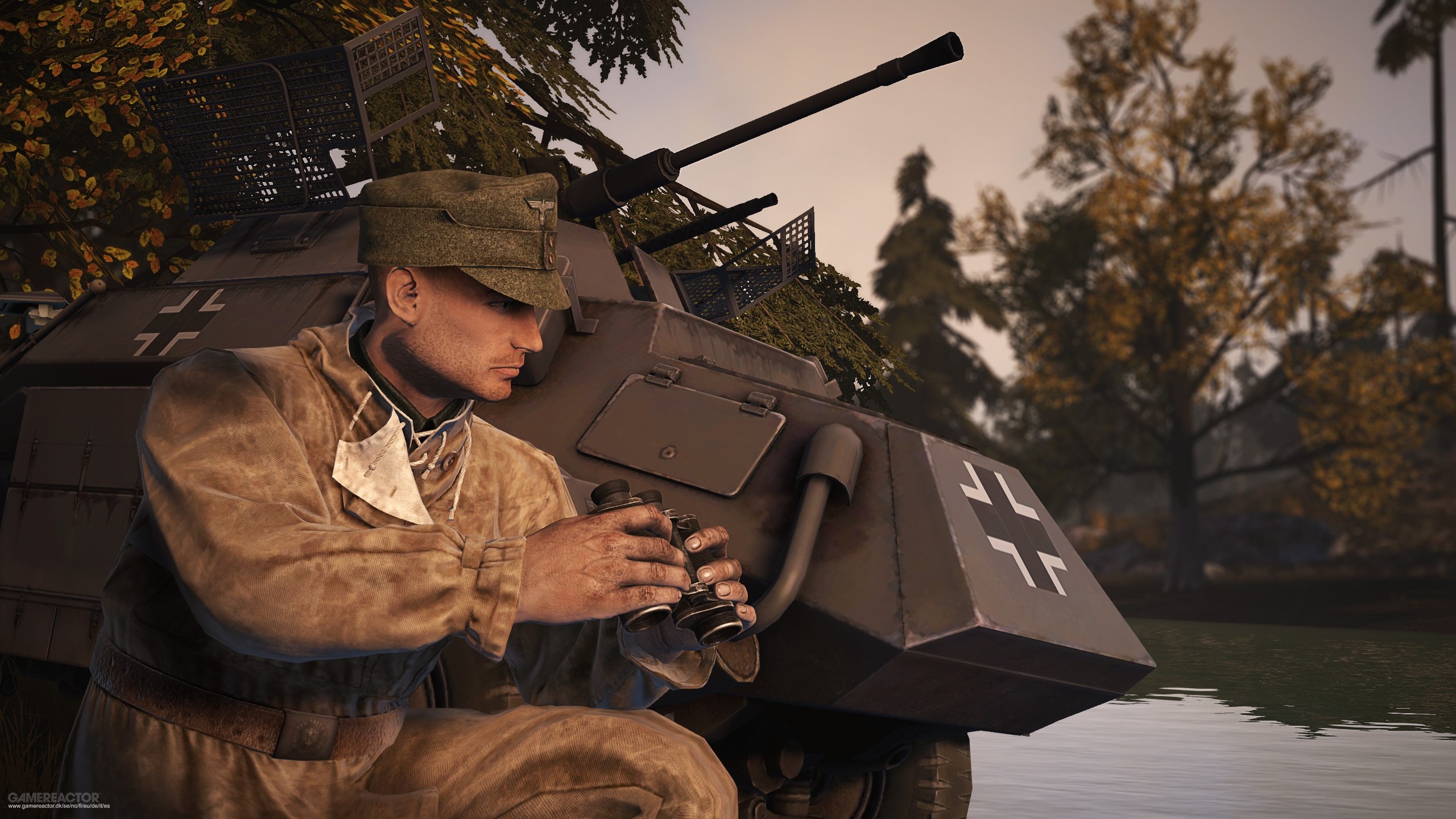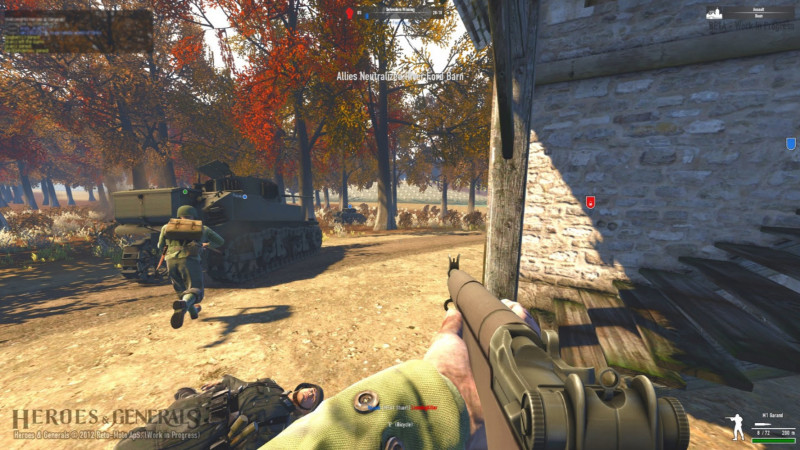
Worse, he allowed himself to be seen with two speculators, Jay Gould and James Fisk. Indeed he brought part of his Army staff to the White House.Īlthough a man of scrupulous honesty, Grant as President accepted handsome presents from admirers. Grant wrote out magnanimous terms of surrender that would prevent treason trials.Īs President, Grant presided over the Government much as he had run the Army. Lee’s Army of Northern Virginia.įinally, on April 9, 1865, at Appomattox Court House, Lee surrendered. Grant directed Sherman to drive through the South while he himself, with the Army of the Potomac, pinned down Gen. Lincoln appointed him General-in-Chief in March 1864. Then he broke the Confederate hold on Chattanooga. President Lincoln fended off demands for his removal by saying, “I can’t spare this man–he fights.”įor his next major objective, Grant maneuvered and fought skillfully to win Vicksburg, the key city on the Mississippi, and thus cut the Confederacy in two. When the Confederate commander asked for terms, Grant replied, “No terms except an unconditional and immediate surrender can be accepted.” The Confederates surrendered, and President Lincoln promoted Grant to major general of volunteers.Īt Shiloh in April, Grant fought one of the bloodiest battles in the West and came out less well. In February 1862 he took Fort Henry and attacked Fort Donelson. He sought to win control of the Mississippi Valley. Grant whipped it into shape and by September 1861 he had risen to the rank of brigadier general of volunteers. He was appointed by the Governor to command an unruly volunteer regiment. Zachary Taylor.Īt the outbreak of the Civil War, Grant was working in his father’s leather store in Galena, Illinois. He went to West Point rather against his will and graduated in the middle of his class.

One visitor to the White House noted “a puzzled pathos, as of a man with a problem before him of which he does not understand the terms.”īorn in 1822, Grant was the son of an Ohio tanner. Looking to Congress for direction, he seemed bewildered.


When he was elected, the American people hoped for an end to turmoil. He was, as the symbol of Union victory during the Civil War, their logical candidate for President in 1868. Grant quarreled with the President and aligned himself with the Radical Republicans. Late in the administration of Andrew Johnson, Gen. As an American hero, Grant was later elected the 18th President of the United States (1869–1877), working to implement Congressional Reconstruction and to remove the vestiges of slavery. Grant led the Union Armies to victory over the Confederacy in the American Civil War. In 1865, as commanding general, Ulysses S.


 0 kommentar(er)
0 kommentar(er)
